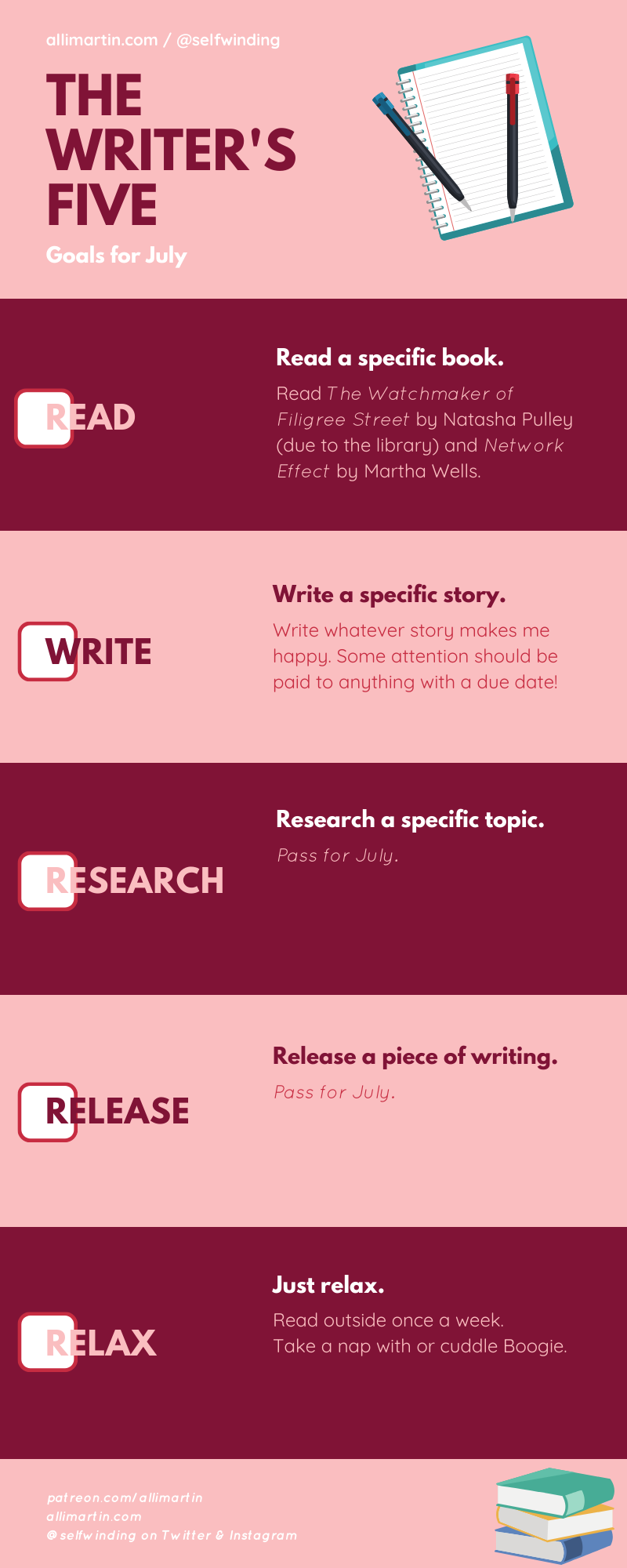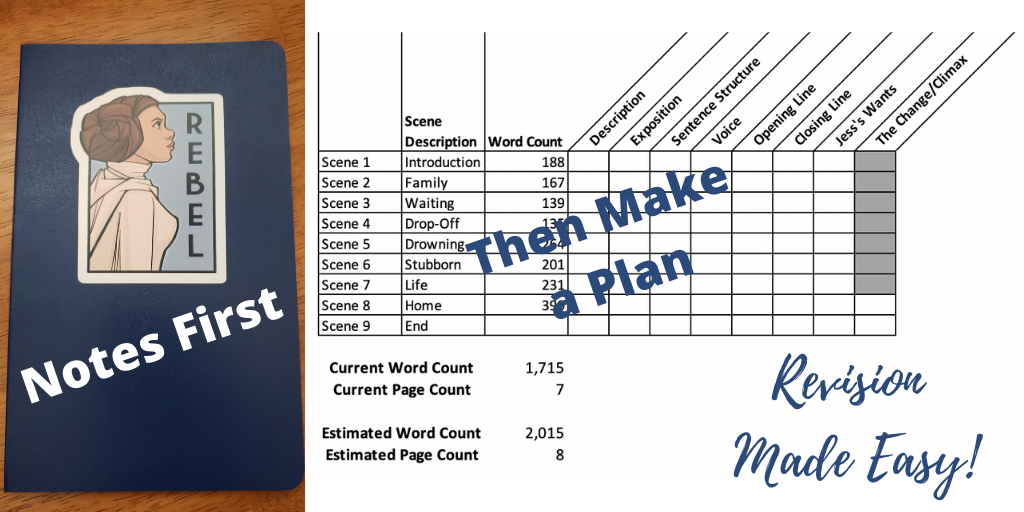Even though I’m a daily writer, I go through highs, lows, and specific cycles in which creation might be easier or more difficult. These cycles boil down to three distinct writing modes that define my ability to create at any given time.
- Consistent—when my production and creative output feels stable and constant and I’m happy with what I’m doing and don’t feel burned out after writing.
- Stagnant—when I’m not writing much because I feel creatively drained and/or have low energy; when I’m not making progress on writing projects or otherwise feel negative toward my work because I’m not seeing the results I want. (This description makes me feel like a toddler throwing a tantrum because I need a nap… which is probably what I need when I’m feeling stagnant, to be honest.)
- Overload—when I have huge days of creative production, writing a large number of words or making a lot of progress, but ultimately burn out when the juice is kaput.
Naturally I love it when I’m consistent. Consistency is a blessing. It’s like having the Creativity Gods shine upon you as they keep refilling your sweet head with more words and ideas to spill from your fingers daily, on a schedule, without fail. I cultivate consistency through practices like writing at least 250 words per day and planning, planning, planning, but even with that rigor, forethought, and routine, my writing life can still fall stagnate. 🙁
For the past few months I’ve been caught in a cycle, swapping between the Overload and Stagnant writing modes. It starts with a couple amazing days, churning out words quickly, working for longer periods of time, and writing well above my daily average. The choices I make and the words I use are exactly the right words to convey the meaning and tone of the piece. I can connect ideas in relevant and interesting ways. On these days, I feel great about the work I produce and get it in my head that everything in my writing life is about to turn around and it’s all blue skies!
… and then the stagnation hits.

Photo by Krystian Piątek on Unsplash
I’m exhausted after all the production. Or I’ll have finished whatever bit inspired my stint in the Overload mode and have difficulty finding my way into the next thing. And I’ll try and try and try to write, but struggle to put words on the page, make relevant progress, or feel good about what I’m writing. It sucks when my writing goes stagnant, but I am—actually—still writing. It’s a struggle to put words on the page, but I’m getting at least my 250 words in. I might hate 90% of the words I write, but there’s a few sentences that have something interesting in them, or is the idea I want to convey, even if it uses all the wrong words to get there.
While the Stagnant mode is frustrating and I kind of hate it, I have to admit: it is a mode of writing. When I’ve rested enough, or my brain has refocused and I can slip back into Overload or Consistency, I usually find that the Stagnant Mode days left me with something usable.
That something is what writing is about. Writing is rewriting and revising. Every time I put down the wrong words, I get closer to the right words, and those stagnant, painful days of writing are unfortunately part of the process.
For full access to The Write Life and more about what I’ve done to assist with my creative life, sign up on Patreon for $1 or more per month. You’ll also receive a personalized thank you in a future edition of The Write Life.









